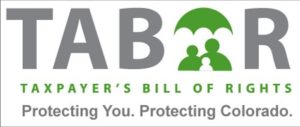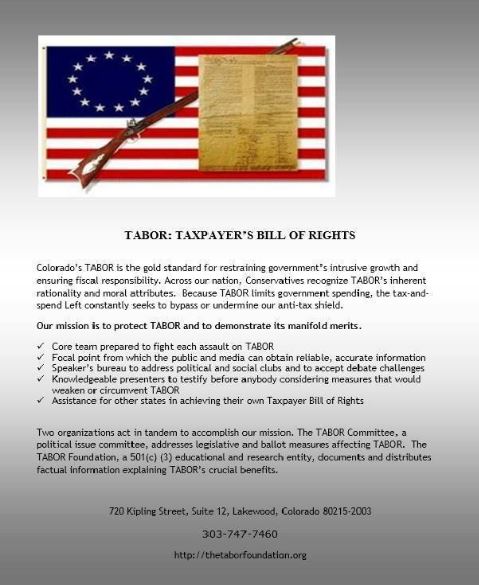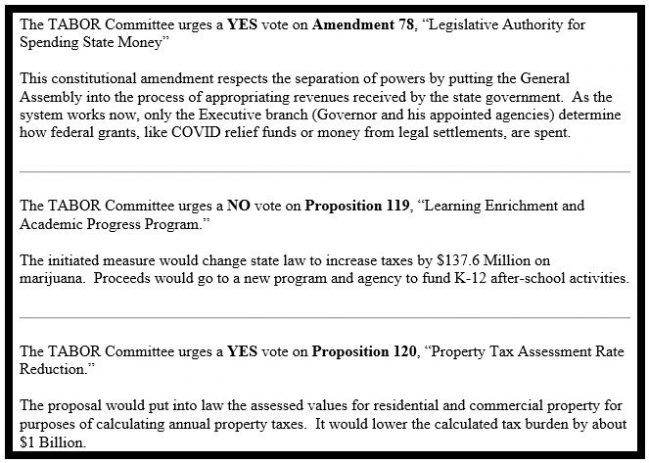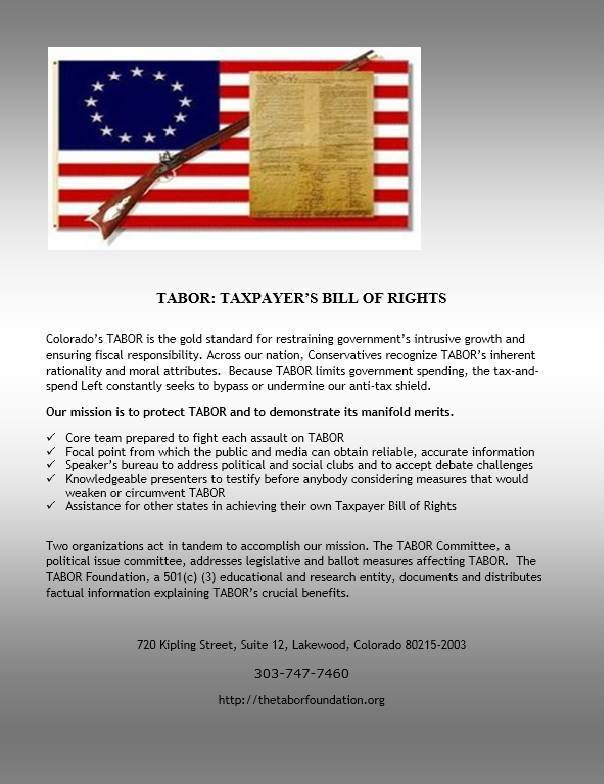The April 20th Title Board Hearing has a notable 60 proposals on the agenda because it’s the last chance to get title set for the 2022 ballot. Although the list of potential ballot issues is long, many are variations with a slight tweak. After title setting, the proponents must do the hard (or expensive) work of getting enough signatures.
Nearly a 1/3 of the proposals pertain to alcohol licensing, sales, and delivery.
Property taxes are another hot topic. Pro-taxpayer advocates are presenting relief in the form of a 2%-3% cap on property taxes.
Bigger government advocates propose a new tax on “Luxury Residential Real Property,” defined as $2 million or more. New revenues would be turned over to government to address affordable housing. On that same theme, there’s a proposal to increase the income tax rate which would be spent on government-overseen affordable housing.
Another group wants to increase taxes from income tax by reducing deductions, putting increased taxation towards free school lunches for certain public schools – an expenditure of $60 – $140 million dollars a year.
Protecting the Taxpayer’s Bill of Rights begins before a ballot issue hits the street. The public can testify at the title setting meeting to get transparent language about the financial effects. If you’ve been around Colorado long enough you know that proponents of tax increases will actually try to have the question read, “without raising taxes” if they can get away with it. As we know, if you end up with less money in your pocket because of a tax policy change, that’s a tax increase.
Currently, there’s a legal battle just filed with the Supreme Court over initiatives #62-65, called Additional Revenue to State Education Fund. Proponents are attempting to claim the measures are not a tax increase. Any of the four variations would reduce or completely eliminate our expected rebates from the Taxpayer’s Bill of Rights over the next two years. Since there is no sunset, we would give up a substantial amount of our future refunds if #62-65 moves forward.
You can find the ballot proposals at the Colorado Secretary of State website under Elections & Voting and Initiatives & Title Board. You’re looking for the section titled Awaiting Initial Hearing.
You can testify remotely. The meeting is Wednesday, April 20 starting at 9 am. https://attendee.gotowebinar.com/register/3996912106274902539
Email the Title Setting Board at initiatives@coloradosos.gov. Emails should be sent by Tuesday midday at the latest. Otherwise, listen in remotely and chime in when it’s time. It’s going to be a long meeting.
Natalie Menten
TABOR Board Member


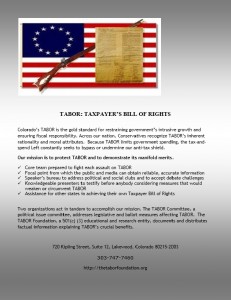 There was excellent news last month. It appears the Plaintiffs have decided not to move forward with the existential threat to TABOR, ending the Kerr vs. Polis lawsuit!
There was excellent news last month. It appears the Plaintiffs have decided not to move forward with the existential threat to TABOR, ending the Kerr vs. Polis lawsuit!
